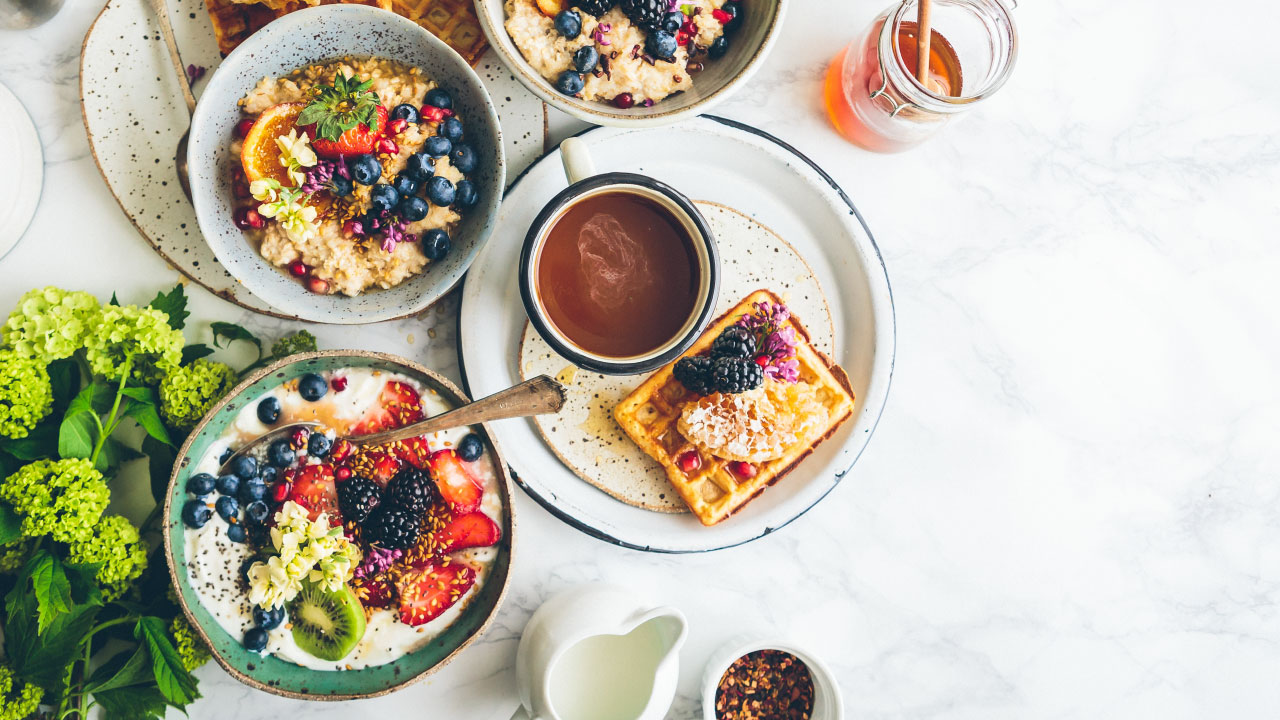Identifying the Proper Dietary Intake to Cope with the Lockdown and Beyond

Europe gradually relinquishes the COVID-19 preventive measures imposed upon its citizens. Businesses resume to operate, primary schools begin to welcome pupil and public transportation starts to commute people from their neighbourhoods to their workplaces. Apart from that, the normalcies we used to live in would stay inside the circling iron chain of confinement. This situation mirrors the circumstances run rife in another part of the world. A turning point seems to be difficult to take. Re-inventing ourselves or tempering our behaviours is a necessity.
Re-inventing ourselves also comes down to what kind of eating habit we have. While farmers and the food industry are taking the responsibility to ensure our needs for food is well-supplied, there is also a need for a reciprocal action of accountability from our end, that is to put attention on our dietary intake and prevent our bodies from being saturated with toxical substances, particularly at the moment when it is complicated to connect with the outdoor and stay healthy but it is easy to feel encaptivated and depressed. Reiterating the advice from WHO, below is dietary advice that is not only useful during the lockdown but also beyond
Limit Your Salt Intake
As our freedom to go out is limited and traditional markets are closed down, let alone the panic buying when someone takes more than what one needs, our access to fresh foods may decrease and therefore, there is a chance for us to rely on canned, frozen or processed food. While it may give us less time to prepare our meal, many of these foods contain high levels of salt, a nutrient our body needs for fluid balance and muscle as well as nerve function. Despite bearing an important role in our nerve system, it is crucial to keep our salt intake to a moderate portion. That said, WHO recommends consuming less than 5 g of salt per day particularly during the lockdown. In order to achieve this, prioritise foods with reduced or no added salt. If foods with reduced salt are not available, consider rinsing the foods particularly vegetables and beans to remove some of the excess sodium.
Limit Your Sugar Intake
Another type of nutrient we need to reduce during this lockdown or even beyond is sugar. Research shows that sugar contains carbohydrate and source energy. However, sugar doesn’t render any better health benefit than helping us build a good eating pattern. In fact, sugar is often demonised for causing serious illness. Therefore, it is recommended that we take not more than 5% of free sugars, about 6 teaspoons, to boost up our energy. If you feel the craving for something sweet, choose fresh fruit over cakes. Also, try to limit the habit of adding sugar or honey to foods and beverages.
Limit Your Fat Intake
The way we cook our food affects the density of fat contained in the food. During the lockdown, it is crucial to reduce our fat to less than 30%. To achieve this, we need to start processing our food by steaming, grilling or sautéing and avoiding frying. In the case that the food needs to be fried, it is recommended to use unsaturated oils, such as olive or sunflower oil. In order to prevent our body from being oversaturated with fat, opt for less fatty meat like fish while reducing foods such as red and fatty meats, butter and full-fat dairy products.
Consume Enough Fibre
Fibre contributes to our healthy digestive system and offers a prolonged feeling of fullness, which helps prevent overeating. That is why consuming enough fibre during this lockdown is beneficial to maintain our health and weight. In order to achieve this, aim to include vegetables, fruit, pulses and wholegrain foods in all meals. Also try to avoid refined grain foods such as white pasta, rice, and white bread.
Safe to say that, this is the time for you to start practising the healthy eating and abandon the old eating habits that involve a high intake of salt, sugar and fat. It may be difficult but living the new normal could be daunting anyway. Therefore, taking care of ourselves by having a proper diet is a wise action to let ourselves prepared.
Much Love,
The 1 People’s Team











